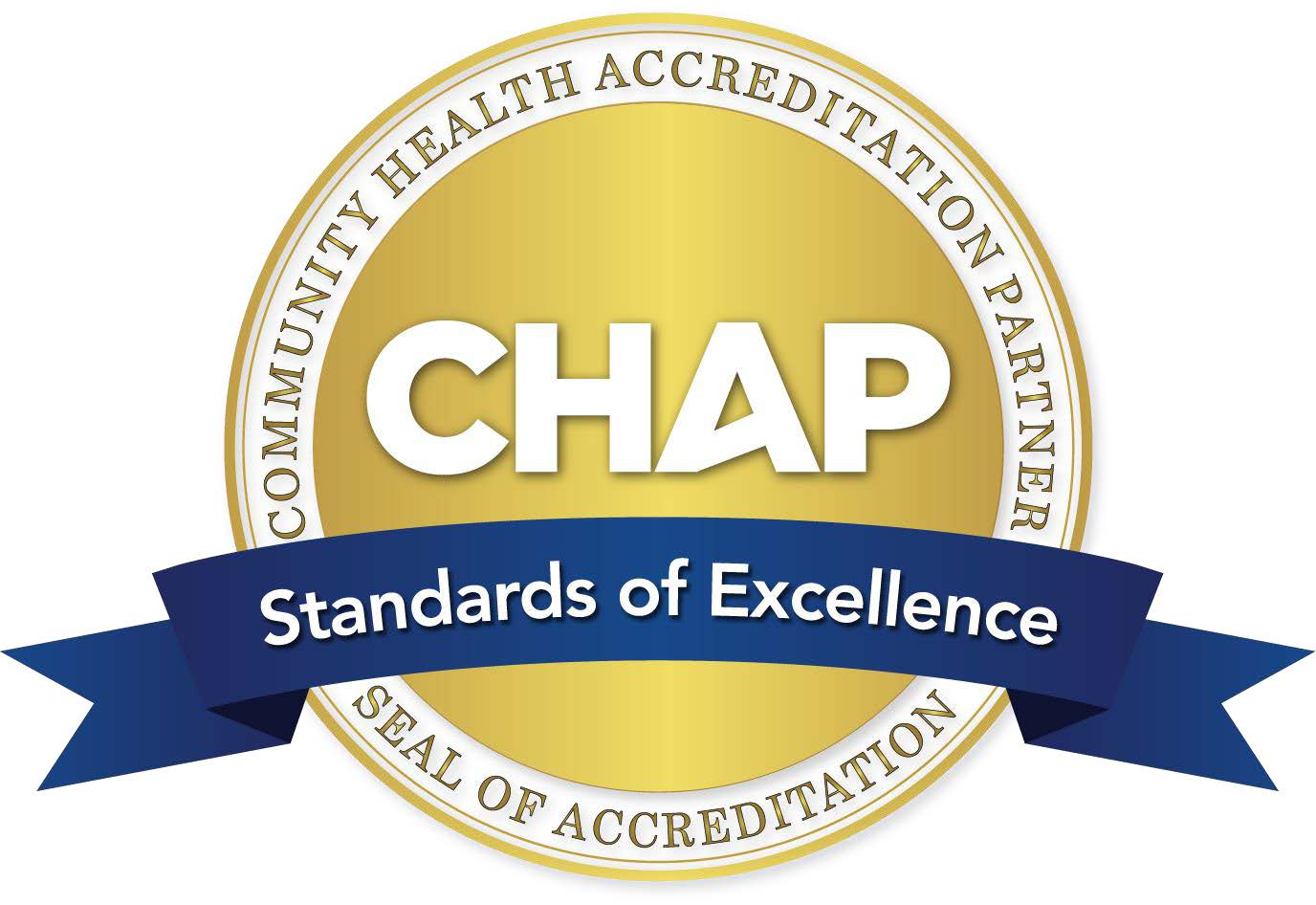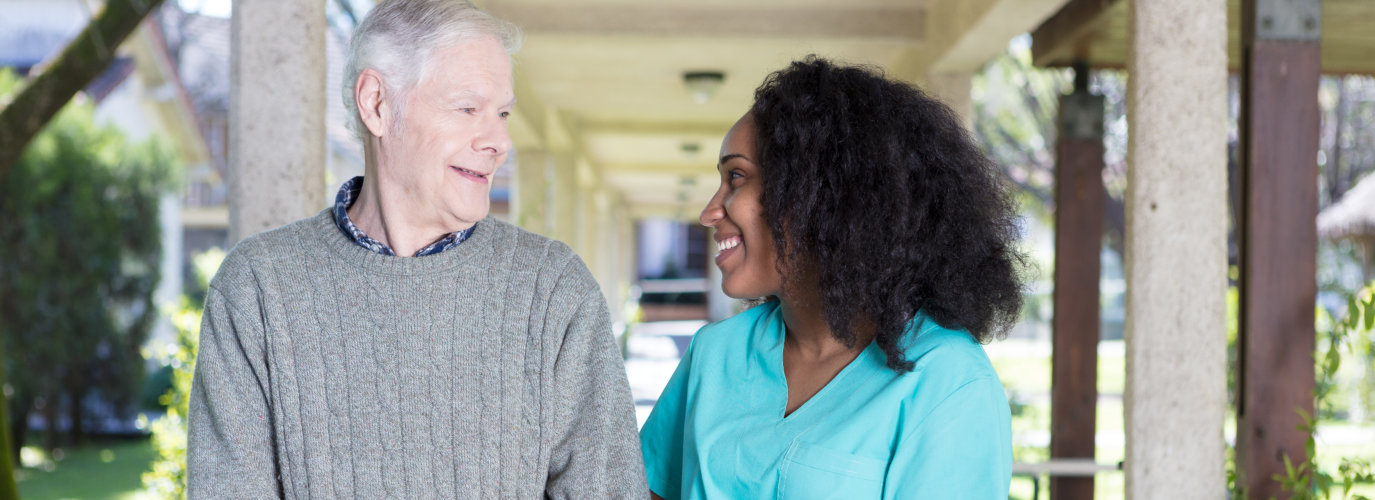Services that provide support and training in community living service categories to adults age 18 and older who reside in a living unit of a provider-controlled ICS setting (e.g., apartment in a multi-family housing building). ICS can be delivered up to 24 hours per day in the person’s living unit or in the community.
Note:For information about community living service categories, refer to the covered services section on this page.
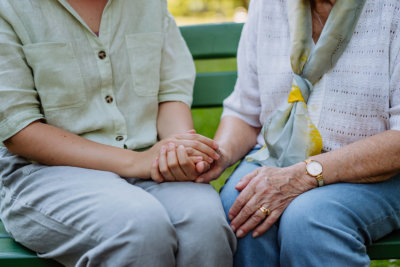
Support in community living service categories:
Cueing, skill maintenance, guidance, instruction, assistance with activities of daily living, assistance with coordination of community living activities or direct supervision within an allowable community living service category.
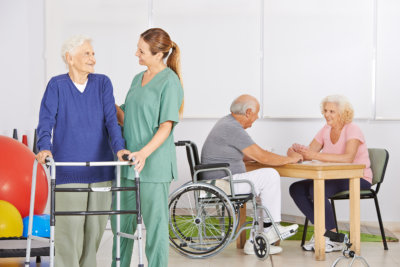
Training in community living service categories:
Skill-building and instructional services to acquire, retain and improve the person’s experience living in the community within an allowable community living service category. Training must meet the person’s identified needs.
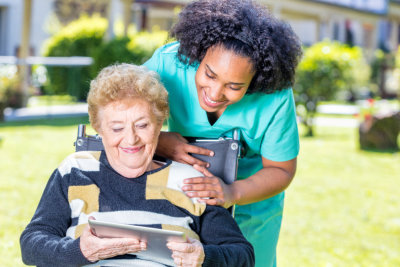
ICS setting:
Cueing, skill maintenance, guidance, instruction, assistance with activities of daily living, assistance with coordination of community living activities or direct supervision within an allowable community living service category.
A setting in which a provider has an approved setting capacity report and has direct/indirect control over a person’s living unit. A provider has direct or indirect control over a person’s living unit when the provider either:
Has direct or indirect financial interest in the property or housing, including a financial relationship with the property owner.
Owns, operates or leases the living unit.
An ICS setting does not meet the requirements for a person’s own home, ( https://www.dhs.state.mn.us/main/idcplg?IdcService=GET_DYNAMIC_CONVERSION&RevisionSelectionMethod=LatestReleased&dDocName=dhs-286286# ) community residential program or family residential program.

Living unit:
- Eligibility ICS is available to adults who live in an ICS setting. For a list of approved ICS settings, refer to CBSM – Resource: Integrated community supports (ICS) settings. ( https://www.dhs.state.mn.us/main/idcplg?IdcService=GET_DYNAMIC_CONVERSION&RevisionSelectionMethod=LatestReleased&dDocName=dhs-330669# ) If the provider does not own, operate or lease the living unit(s) or have direct or indirect financial interest in the property or housing where services are delivered, refer to CBSM – Individualized home supports instead.
Effective Jan. 1, 2021, ICS is available to adults on the following waivers:
- Brain Injury (BI)
- Community Access for Disability Inclusion (CADI).
Effective Jan. 1, 2023, ICS is available to adults on the following waivers:
- Community Alternative Care (CAC).
- Developmental Disabilities (DD).
Covered services
ICS covers training and support to meet the person’s individualized assessed needs and goals in at least one of the community living service categories:
- Community participation.
- Health, safety and wellness.
- Household management.
- Adaptive skills.
1. Adaptive skills.
This category may include:
- Community mobility and pedestrian safety (e.g., safely getting in and around the community).
- Community resource use and access.
- Community safety and awareness.
- Informal support system and network development.
- Interpersonal communications skills.
- Leisure, recreation and socialization planning.
- Skill-building to meet transportation needs.
2.Health, safety and wellness
This category may include:
Collaboration with the person to arrange health care (e.g., physical, mental, chemical), meaningful activities, social services, meetings and appointments.
Training or support to complete self-care activities, including ADLs.
Note: Training or support cannot duplicate use of eligible Medical Assistance state plan home care services; refer to CBSM – Home care overview.
- Health services support, as defined in Minn. Stat. §245D.05.
- Help for the person to activate and build resiliency factors (e.g., whole health action management).
- Support for the person to design and meet individualized strategies to reach their health, safety and wellness goals.
3.Household management
This category may include:
- Cueing, guidance, supervision, training or instructional support to complete routine household care and maintenance.
- Household safety knowledge and skills.
- Tenancy support and advocacy.
- Training, assistance, support and/or guidance with:
- Budgeting and assistance to manage money.
- Cooking, meal-planning and nutrition.
- Healthy lifestyle skills and practices.
Household chores, including minor household maintenance activities.
Note: The person is responsible for the cost of the maintenance replacement items or products. Personal-needs purchasing.
Adaptive skills
This category may include:
- Crisis prevention skills.
- Implementation of positive support strategies.
- Problem-solving.
- Sensory/motor development involved in acquiring functional skills.
- Support strategies for self-sufficiency.
- Support and training to increase positive behavior, resulting in reduction or elimination of challenging behavior.
Remote support
ICS can be delivered through remote support. Services delivered through remote support must meet all the requirements listed on CBSM – Remote support. ( https://www.dhs.state.mn.us/main/idcplg?IdcService=GET_DYNAMIC_CONVERSION&RevisionSelectionMethod=LatestReleased&dDocName=dhs-331416# )



